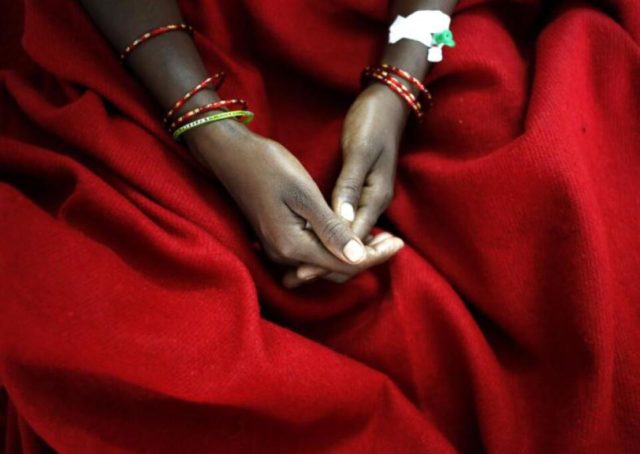Health Minister Zweli Mkhize has said his department has yet to facilitate a dialogue with HIV-positive women who were allegedly victims of forced sterilisation at state hospitals.
HEALTH Minister Zweli Mkhize has said his department has yet to facilitate a dialogue with HIV positive women who were allegedly victims of forced sterilisation at state hospitals.
Mkhize said this when he was responding to parliamentary questions from EFF MP Naledi Chirwa, who asked when he and his department planned to meet the victims of forced sterilisations after the Commission on Gender Equality (CGE) released its report.
Chirwa charged that it has been four months since the CGE released its report into sterilisation of HIV-positive women yet nothing had been resolved and neither had Mkhize made statements in response to the report and/or implementation of its recommendations.
“The department is engaging with the CGE who has indicated that they will approach the representatives of the complainants to obtain consent from them if the identity and affidavits deposed by them can be availed to the department.
“Once we have information, the department will be in a position to facilitate dialogue,” Mkhize said.
“The department holds a view that these allegations of gross human rights cannot be condoned and once they are proven, action and steps to rectify this and redress to such victims must be taken,” he said.
In March, the CGE informed the portfolio committee on women, youth and people that it had conducted an investigation in KwaZulu-Natal and Gauteng after it received complaints from non-governmental organisation Her Rights and International Community of Women Living HIV about forced sterilisations.
The commission has found that women were violated insofar as their human rights, reproductive rights, constitutional rights and other rights were concerned.
The CGE said at the time it found that women were not properly informed of their rights or counselled before being sterilised.
Some were sterilised while receiving C-sections and their files were not found while consent forms and procedures differed from records and some consent forms were signed when patients were in pain.
The CGE had recommended that the South African Nursing Council and Health Professions Council of South African look into the conduct of its members and that the department should have a dialogue with the women and find ways for redress, among other things.
Responding to a separate question, Mkhize said the National Health Act made a provision for the protection of the rights of women.
“The legislation expressly states that consent must be obtained prior to any procedure being conducted on a patient,”he said.
The minister was responding to another question from Chirwa, who asked if the department had interrogated and scrutinised the Sterilisation Act as recommended by the CGE Act to ascertain if the provision provided for and protected the principle of informed consent.
Mkhize said the department has reviewed the consent forms being signed and after consultation with experts regarding their appropriateness.
“A circular is being prepared to all provinces to ensure that standardised consent form is used at all public facilities.
“The circular will also urge provinces to ensure that all districts are workshopped on the new forms to ensure that there is clear understanding by health workers on the correct procedure to follow prior to sterilisation being performed on patients,” he added.
Mkhize previously said a meeting between the department and CGE was held in February, where they acknowledged the seriousness of the allegations.
The minister had stated that the department had agreed to further consider the contents of the CGE report while obtaining more information from the commision in order to gain full understanding of the issues.
The department currently has 571 public health facilities that are designated for sterilisation across the nine provinces.








